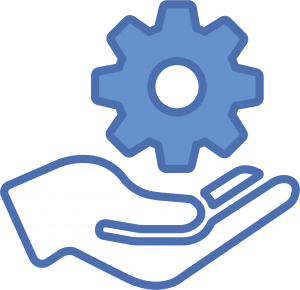
Historical domain of HAIKU
HAÏKU provides its expertise and support its clients to:
- Analyse their operational performance
- Identify possible avenues for optimisation
- Integrate the best practices within their teams for a sustainable membership
- Implement actions to ensure a real improvement in the company’s competitiveness
The intervention of HAIKU is based on observations of the operational field, semi-directional interviews, animations of participatory workshops and customized training if necessary.
The methodology used takes place in 4 phases:
IMMERSION IN THE COMPANY TO UNDERSTAND HOW IT WORKS
DIAGNOSING THE ORIGIN OF SHORTCOMINGS
WORK WITH THE COMPANY TO IDENTIFY THE LEVERS ON WHICH ITS TEAMS WILL ACT
SUPPORT FOR COMPANY TEAMS IN MANAGING AND EXECUTING AGREED ACTIONS
To conduct its interventions, HAIKU takes for reference the performance management system developed at Toyota by Taiichi Ohno known as TPS (Toyota Production System) whose philosophy and principles apply to all types of companies and in all fields (Innovation, R&D, production, trade, after-sales).
HAIKU pays particular attention to three fundamentals of obtaining performance:
- Steering processes, whatever and wherever they may be, so that they systematically produce the expected result (right the first time).
- Accessible, responsive and relevant process management indicators
- Performance measurement indicators (KPIs) and associated measurement systems
Context
Effectiveness of the performance management system below expectations.
Profitability weakened by a crisis situation.
Issues
Master the added value generated to achieve goals and objectives.
Adapt the performance management system.
Take into account the reality of the field.
- Acceptable for existing culture, history and management
- Relevant because adapted to human, technical and economic issues
- Feasible with resources available to the client
Offers
«Flash» Observation focused on an area
Diagnosis of the management system and development of an action plan
Diagnosis of the practices in place and development of an action plan
Operational support industrial strategy, flow and organisation, operational practices, management practices
Training in Taiichi Ohno philosophy and Lean Management tools
Intervention principles
The intervention of HAIKU is based on observations of the operational field, semi-directional interviews, animations of participatory workshops and customized training if necessary.
The methodology used takes place in 4 phases:
• Immersion in the company to understand how it works
• Diagnosis of the origin of deficiencies
• Build with the company the levers on which its teams will act
• Support the company’s teams in the management and execution of the actions decided.
To conduct its interventions, HAIKU takes for reference the performance management system developed at Toyota by Taiichi Ohno known as TPS (Toyota Production System) whose philosophy and principles apply to all types of companies and in all fields (Innovation, R&D, production, trade, after-sales).
HAIKU pays particular attention to three fundamentals of obtaining performance:
• Driving processes, wherever and wherever they are, to consistently deliver the expected result (right the first time)
• Process management indicators, accessible, responsive and relevant
• Performance measurement indicators (KPIs) and associated measurement systems
Context
Effectiveness of the performance management system below expectations.
Profitability weakened by a crisis situation.
Issues
Master the added value generated to achieve goals and objectives.
Adapt the performance management system.
Take into account the reality of the field.
- Acceptable for existing culture, history and management
- Relevant because adapted to human, technical and economic issues
- Feasible with resources available to the client
Offers
«Flash» Observation focused on an area
Diagnosis of the management system and development of an action plan
Diagnosis of the practices in place and development of an action plan
Operational support industrial strategy, flow and organisation, operational practices, management practices
Training in Taiichi Ohno philosophy and Lean Management tools
Intervention principles
The intervention of HAIKU is based on observations of the operational field, semi-directional interviews, animations of participatory workshops and customized training if necessary.
The methodology used takes place in 4 phases:
• Immersion in the company to understand how it works
• Diagnosis of the origin of deficiencies
• Build with the company the levers on which its teams will act
• Support the company’s teams in the management and execution of the actions decided.
To conduct its interventions, HAIKU takes for reference the performance management system developed at Toyota by Taiichi Ohno known as TPS (Toyota Production System) whose philosophy and principles apply to all types of companies and in all fields (Innovation, R&D, production, trade, after-sales).
HAIKU pays particular attention to three fundamentals of obtaining performance:
• Driving processes, wherever and wherever they are, to consistently deliver the expected result (right the first time)
• Process management indicators, accessible, responsive and relevant
• Performance measurement indicators (KPIs) and associated measurement systems
Business cases
- Improved flexibility and responsiveness
- Definition of an operational management action plan
- Implementation of a participatory approach to improve workstation ergonomics
- Work-related musculoskeletal disorders reduction
- Increased productivity
- Service activity reorganisation responding to customer changing need
- Implementation of a performance management system, focused on the efficiency of work organization, work coordination and project management
- Increased industrial flexibility to introduce a new product in an existing workshop
- Increasing operator skills
- Reduction in operating time
- Market diversification and increasingly increased environments complexity
- Transition from catalogue solutions to “tailor-made” products
- Implementation of customer project management basics
SME Precision mechanics, machining, tools and moulds
- Improving operational performance by setting up performance management systems
- Simplification of document processes with the definition and implementation of the “zero paper at the workstation” project




